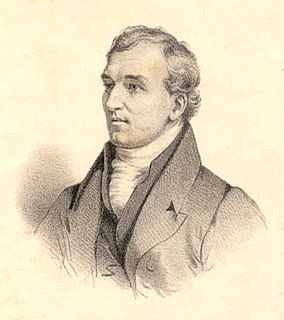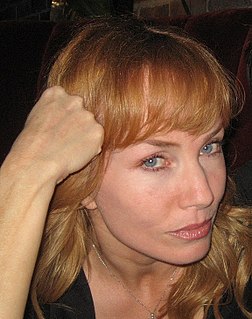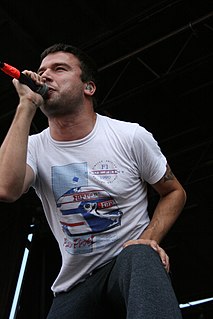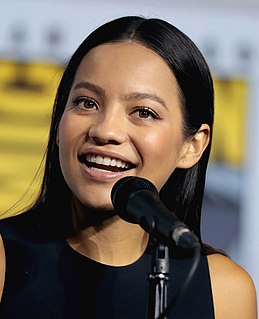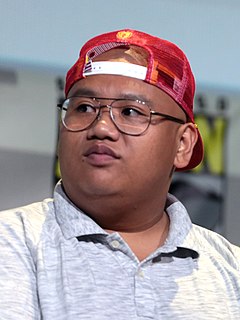A Quote by Lynne Ramsay
I was at film school when I made 'Small Debts' and I was a cinematographer, so I didn't actually study to be a director.
Quote Topics
Related Quotes
I'm the most experienced cinematographer in this medium, so there's no point in having that extra conversation in the middle of the loop. You're making the film in relation to what's happening now, and you can't really affect what's happening now. It's not like you're in control of anything in front of the camera. If you're calling yourself the director and you're not the cinematographer, I think you're kidding yourself.
I've pretty much grown up on set, and my favorite part about it is being able to actually see how movies are made. I knew when I was about 14 that I wanted to be a director and that I wanted to go to NYU for film school. It kind of feels like it's been a long time coming.It's a relief to actually be in, because the college process is so hyped-up.
We made 'Mickey and the Bear' with barely any money with a first-time director, a first-time director of photography, and a crew who had just graduated from NYU film school. We were all very much in this together for the first time. There's no famous actor or big explosions. It's not a Marvel movie. I thought nobody was going to see this film.



